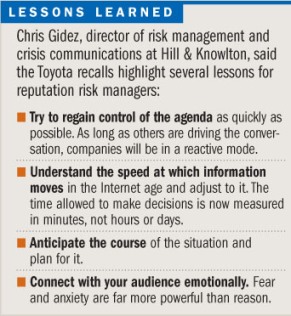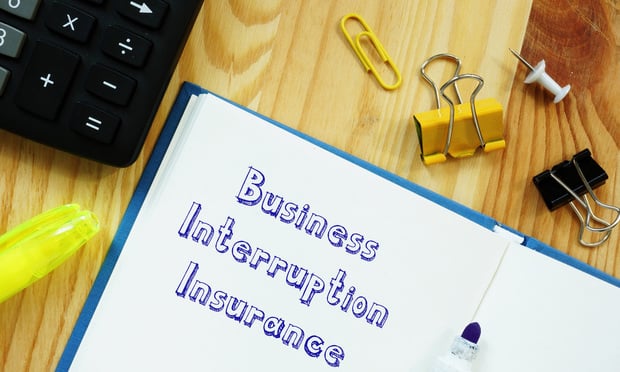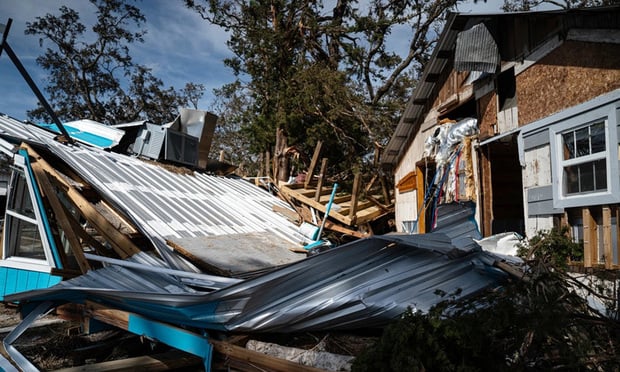In a rapidly evolving digital world, comparing the highly regarded Tylenol recall of 1982 to the current recall of Toyota automobiles is like comparing “the Apple 2e computer of 25 years ago to the Apple iPad. It's an entirely different world,” a reputation risk management expert says.
Chris Gidez, director of risk management and crisis communications at Hill & Knowlton, a public relations firm, told National Underwriter that while Tylenol is considered the “gold standard” for risk management, that recall, the result of product tampering, happened at a different time–before the age of the Internet.
“You can't compare this to Tylenol. It's an entirely different world,” Mr. Gidez said, noting that the product tampering that led to its recall was “before the age of the Internet…which changed everything. It was before the age of internal e-mails, which can leak out, and before the age of 24-hour cable.”
 In looking back at the Tylenol experience, he observed there was “probably a week's lag-time between the first news of this and before the company acted.”
In looking back at the Tylenol experience, he observed there was “probably a week's lag-time between the first news of this and before the company acted.”
The Tylenol case was “relatively easy, because we had a situation that was quite clearly a product tampering matter. There was no question of the company's conduct or actions. It was clearly a criminal act,” he said. With the Toyota situation, however, it's yet unclear how many incidents have occurred and much is still unknown about the facts of the situation.
The issue is even more complex because of the different models of cars involved, different vendors and different countries and time zones, he said.
Had the Tylenol event happened today, he envisioned a scenario where there might have been internal questions about the security of the product's packaging.
“All of a sudden an e-mail is unearthed from a product packaging engineer that says, 'We could put wrapping around the containers, but it will cost three-tenths of a percent per unit and it's cost-prohibitive.' Then it becomes the old, 'you could have prevented it, but you didn't' argument,” Mr. Gidez said.
The next phase would be the “pile-on of the trial lawyers and regulators and the mommy-bloggers,” he added. “You just can't compare the two.”
Mr. Gidez pointed out that a big difference in Toyota's recall and other recalls, such as baby strollers, cribs and other products, is that “normally companies don't come out with the recall until they have the fix in place–and that's not what they had here.”
Also different is that Toyota is operating over several time zones, “and the question has to be asked, is the different culture a factor here?” In terms of how the media, consumers and regulators behave, he said, the Japanese culture is different than that in the United States.
In dealing with the issue over the long term, he said, Toyota first has to fix the business problem before it can even get to the reputation problem.
While monetary losses can be measured, what's harder to measure is “the erosion of good will–how many people were thinking of going with a Toyota and decided not to,” he said.
But Toyota can recover, he added, noting that “few companies go out of business because of a big crisis. They'll recover, but they can't erase it. They'll end up with a Wikipedia entry that has a big chapter on this. It never goes away. We live in a Google world. Nothing goes away.”
Mr. Gidez explained that there are several phases to this type of crisis, with Toyota currently in the “acute phase,” which will recede as the next sensational story moves in. “The good news for companies is that the amount of time of these stories is compressed,” he said.
After Toyota closes the acute chapter, “there will be many, many months or years of the “chronic phase,” where they will deal with the fallout–the litigation, the issues of product repair and the issue of having to invest in winning back consumer confidence.”
However, he added, “this is a company that didn't get to where they are for lack of smarts….They'll pull through, but it will be a new normal.”
Want to continue reading?
Become a Free PropertyCasualty360 Digital Reader
Your access to unlimited PropertyCasualty360 content isn’t changing.
Once you are an ALM digital member, you’ll receive:
- Breaking insurance news and analysis, on-site and via our newsletters and custom alerts
- Weekly Insurance Speak podcast featuring exclusive interviews with industry leaders
- Educational webcasts, white papers, and ebooks from industry thought leaders
- Critical converage of the employee benefits and financial advisory markets on our other ALM sites, BenefitsPRO and ThinkAdvisor
Already have an account? Sign In Now
© 2025 ALM Global, LLC, All Rights Reserved. Request academic re-use from www.copyright.com. All other uses, submit a request to [email protected]. For more information visit Asset & Logo Licensing.








